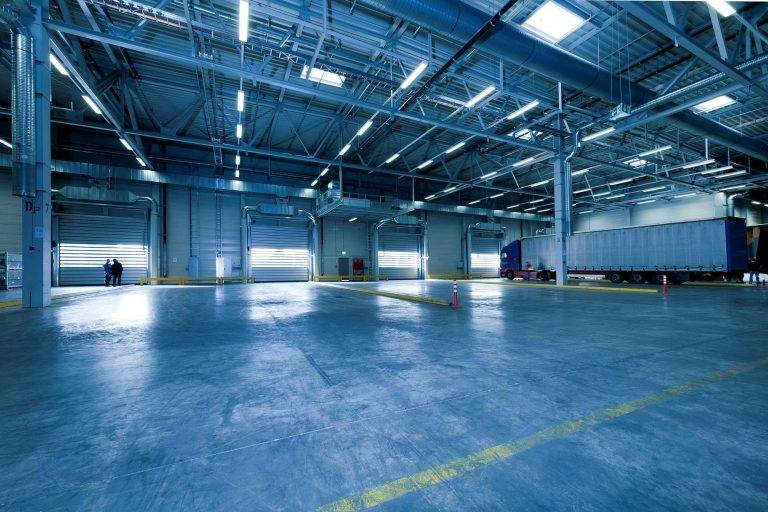How Liquidation Stops Legal Actions
When a company faces liquidation in South Africa, it’s crucial to understand how this process affects ongoing and potential legal actions. This article explores the impact of liquidation on legal proceedings and explains key concepts like concursus creditorum.
The Immediate Effects of Liquidation on Legal Actions
Once a company is liquidated, several immediate effects take place regarding legal actions:
- It prevents a “first-come, first-served” scenario, ensuring fair treatment of all creditors.
- It provides a structured process for asset distribution.
- It protects smaller creditors from being overshadowed by larger ones.
Conclusion
Understanding how liquidation affects legal actions is crucial for both company directors and creditors in South Africa. While it suspends ongoing legal proceedings, liquidation aims to provide a fair and structured resolution for all parties involved. If your company is facing legal action, considering liquidation might offer a faster and more cost-effective solution to your problems.
For specific advice on your situation, it's always best to consult with a liquidation lawyer or specialist who can provide guidance tailored to your circumstances.
Let us Assist you. We empower you so that you can instantly take control.
- They must notify the liquidator in writing within four weeks of the liquidator’s appointment.
- They must give three weeks’ notice before taking any action.
- Failure to provide such notice may result in the claim being abandoned, unless a court directs otherwise.



